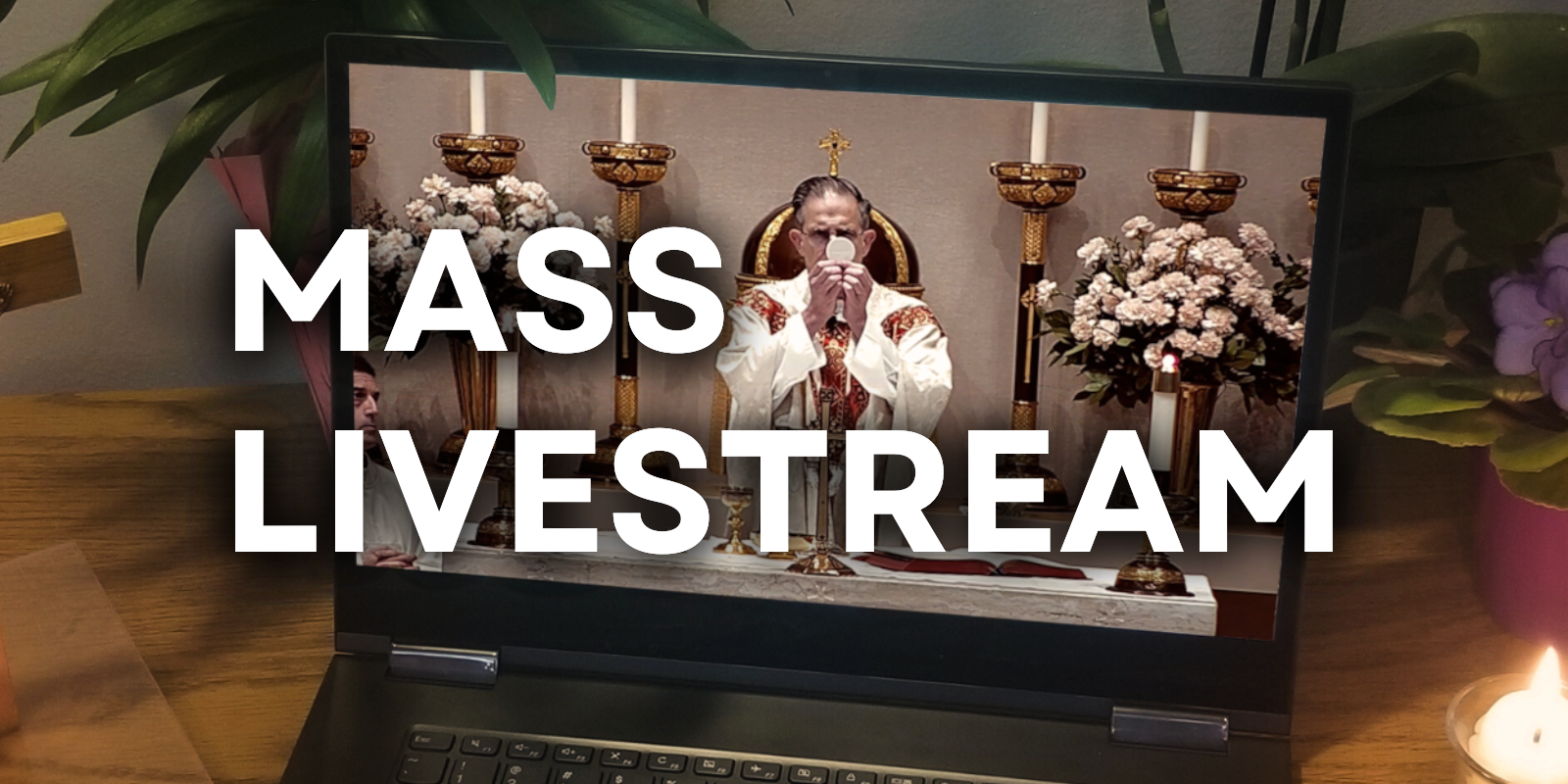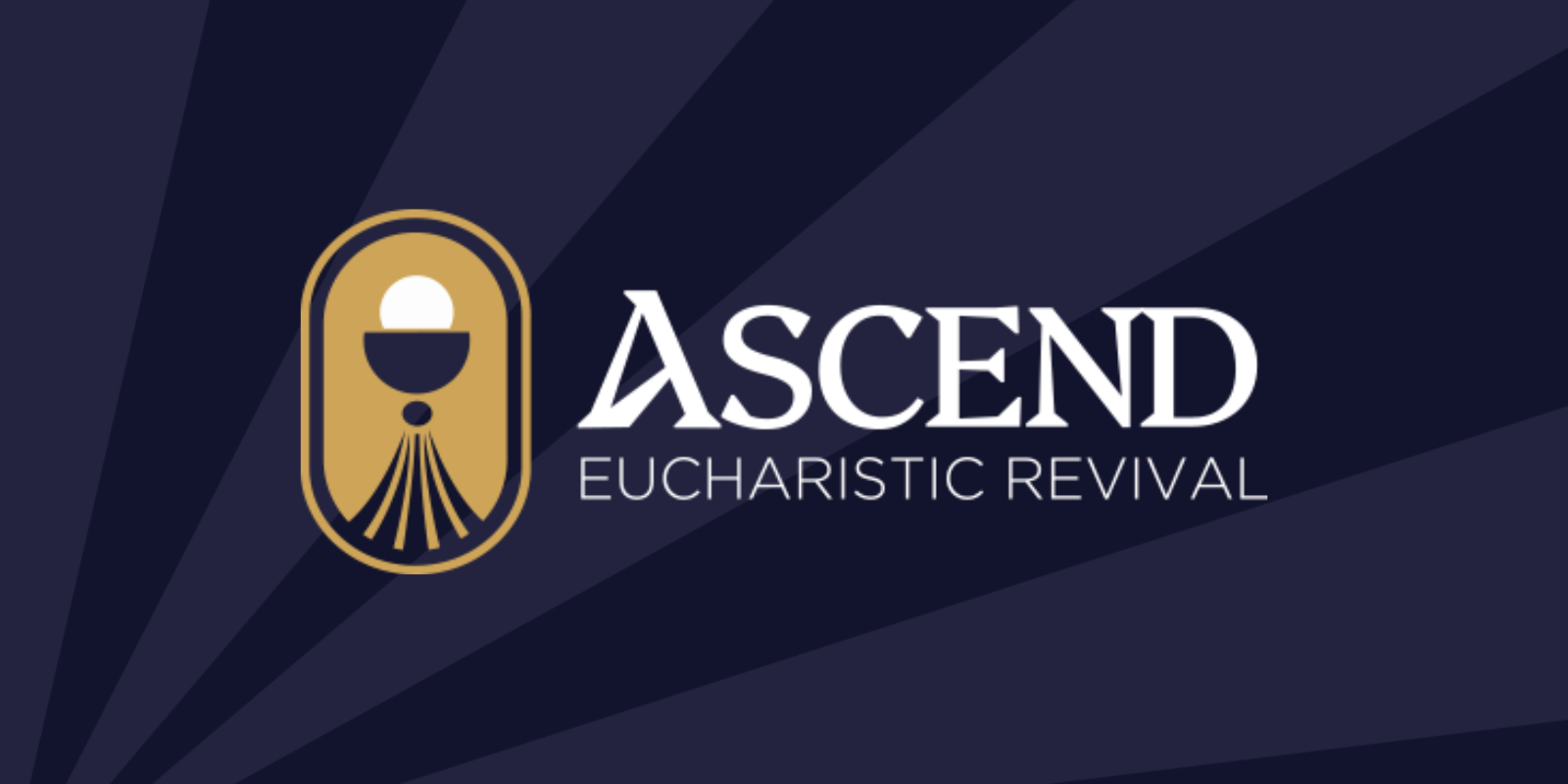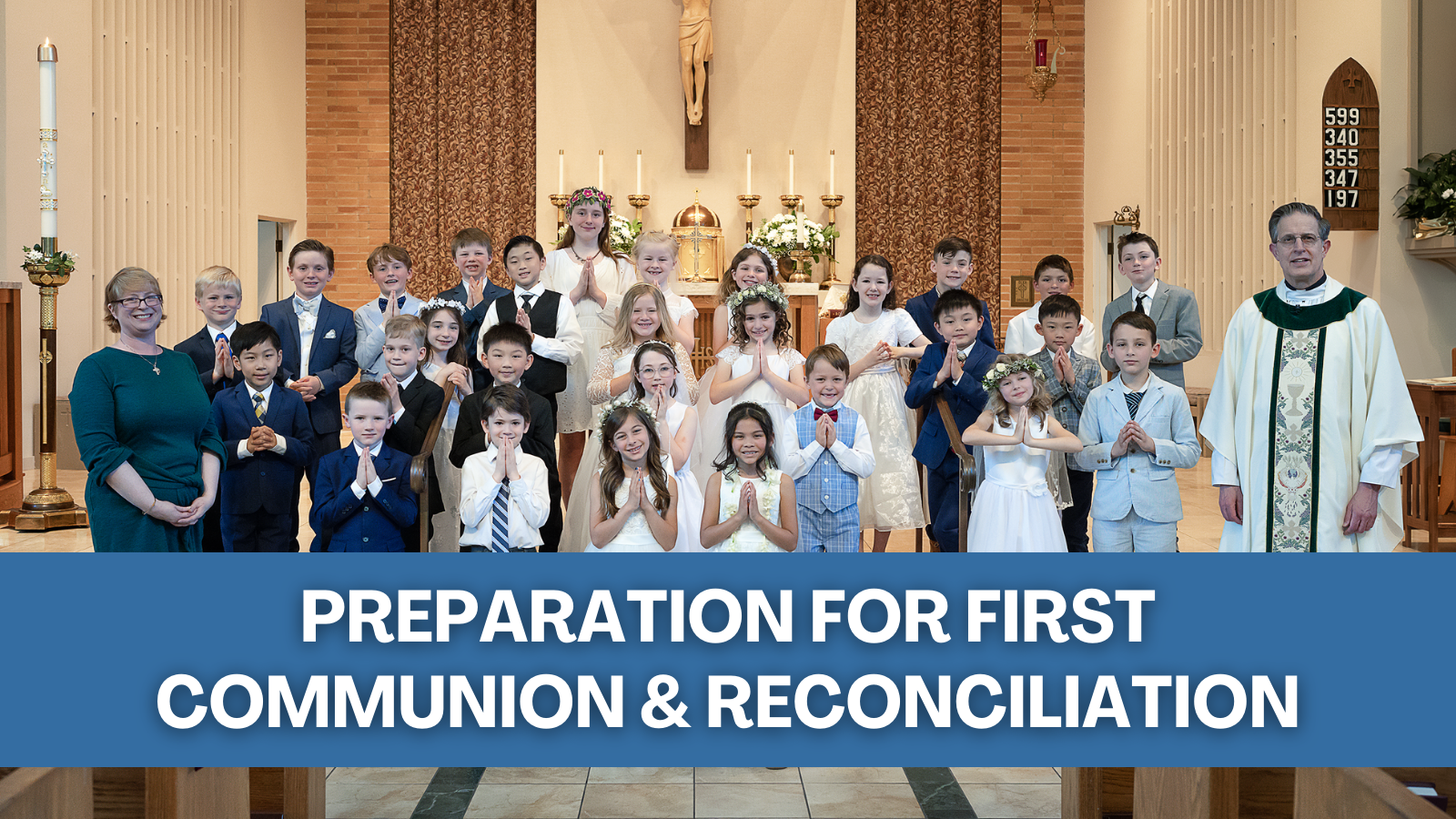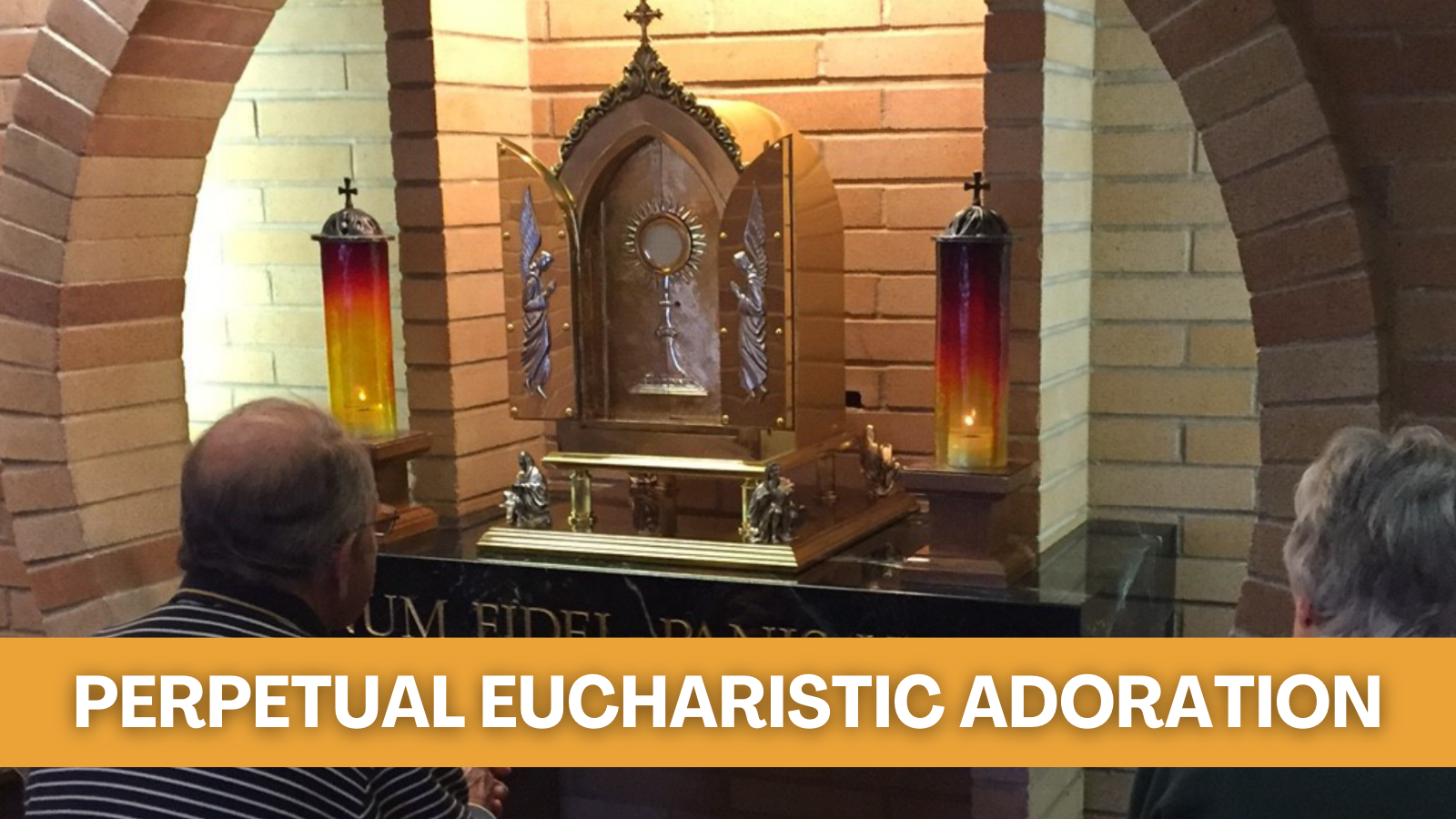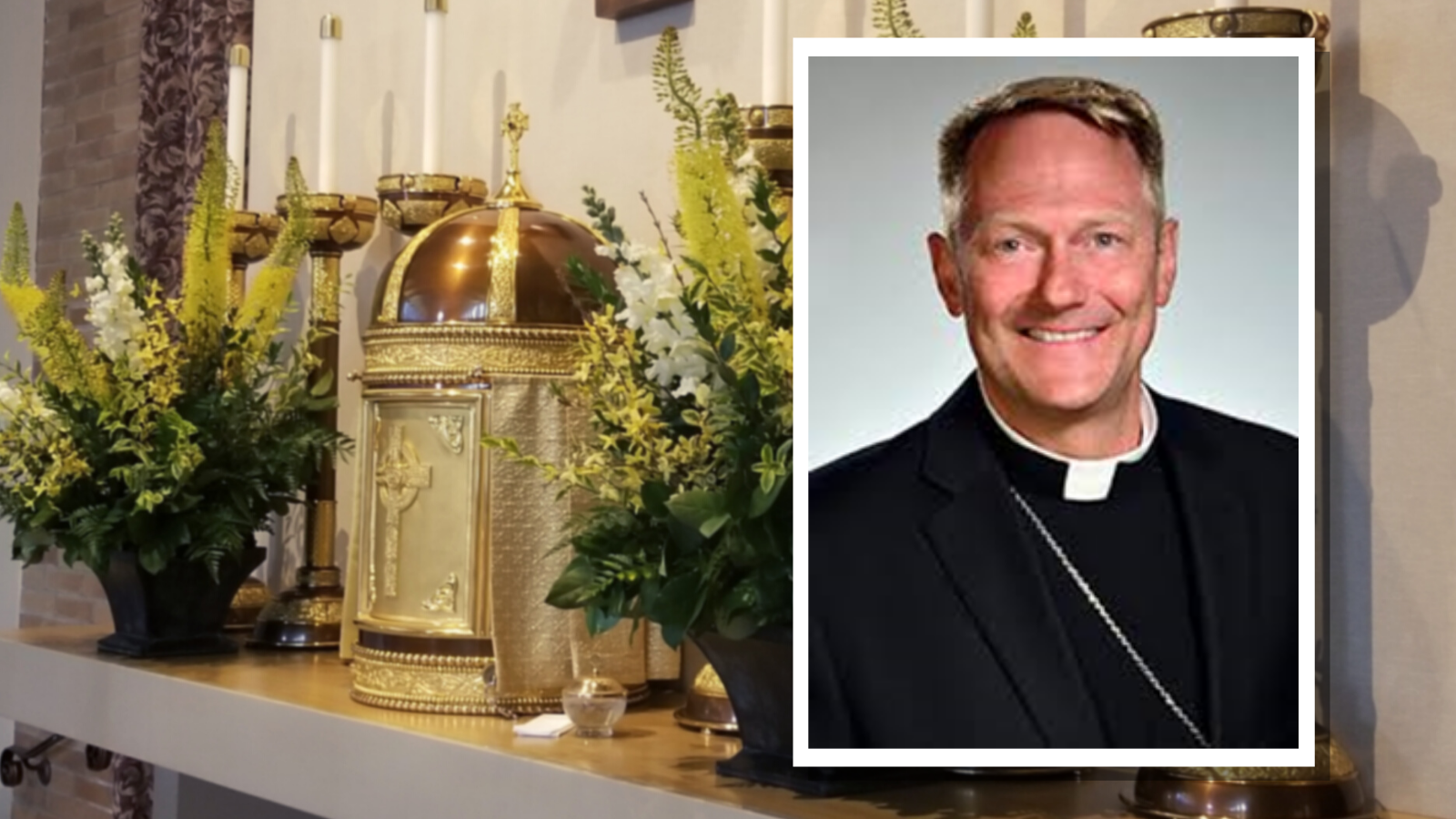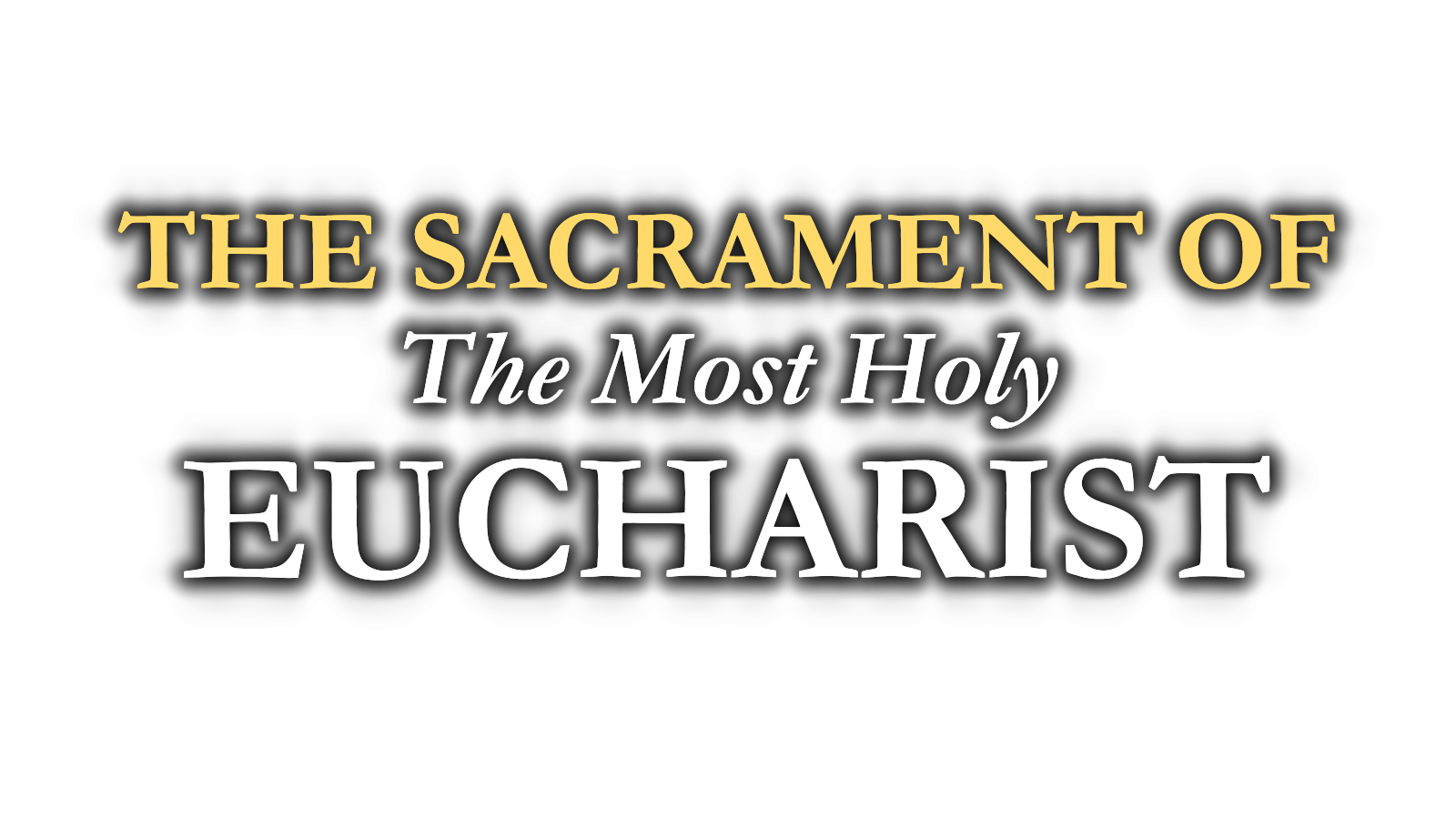
The other sacraments, and indeed all ecclesiastical ministries and works of the apostolate, are bound up with the Eucharist and are oriented toward it. (CCC 1324)
Mass Schedule
Monday - Thursday & Saturday: 7:45AM
Friday: 8:30AM
Saturday: 5:00PM Vigil Mass
Sunday: 9:00AM & 11:00AM
Sunday (Chinese): 1:00PM
Mass Readings
The daily readings for Mass are available from the United States Conference of Catholic Bishops website: Daily Readings.
Upcoming Mass Intentions
Our morning Masses are offered on behalf of parishioner intentions. Intentions for the upcoming week are listed below.
- Feb 21—Sat 7:45AM: Kathy Leahy (RIP)
- Feb 23—Mon 7:45AM: Dorothy Duke
- Feb 24—Tue 7:45AM: Marian & Arthur Lewis (RIP)
- Feb 25— Wed 7:45AM: Marie Hinton (RIP)
- Feb 26—Thurs 7:45AM: Galen Hubert
- Feb 27—Fri 8:30AM: Michelle Macartney
- Feb 28—Sat 7:45AM: Gary Ticknor (RIP)
To schedule a Mass intention, please contact Gloria Hardy, Parish Office Manager at
gloria@stmonicami.org
or 206-232-2900.
Incense Use At Masses
We use incense at some Masses to add solemnity to our celebrations of the Most Holy Eucharist. If you are sensitive to smoke or fragrance, please see the list of upcoming Mass below which will utilize incense.
- Weekend of February 28/March 1: Incense will be used at the 5PM Mass on Saturday.
- Weekend of March 7/8: Incense will be used at the 9AM Mass on Sunday.
- Weekend of March 14/15: Incense will be used at the 11AM Mass on Sunday.
- Weekend of March 21/22: Incense will be used at the 5PM Mass on Saturday.
- March 25 - The Annunciation: Incense will be used at the 6:30PM Mass.
- Weekend of March 28/29 - Palm Sunday: Incense will be used at the 5PM, 9AM, & 11AM Masses.
- Weekend of April 4/5 - Easter Sunday: Incense will be used at the Easter Vigil, 9AM, & 11AM Masses.
- Weekend of April 11/12: Incense will be used at the 9AM Mass on Sunday.
- Weekend of April 18/19: Incense will be used at the 11AM Mass on Sunday.
- Weekend of April 25/26: Incense will be used at the 5PM Mass on Saturday.
If you have any questions, please
contact Ryan Sprute, PA for Liturgy at 206-232-2900 x.106 or ryan@stmonicami.org.
Mass Livestream
Catholics have an obligation to attend Mass on Sundays (or Saturday evening) and on Holy Days of Obligation. This general obligation is excused for those who are ill. Those who are homebound are also exempt. If you are sick or are unable to attend Mass for another valid reason, we encourage you to make use of our Mass Livestream.
About ASCEND Eucharistic Revival
The ASCEND Eucharistic Revival is a movement dedicated to renewing love of and devotion to Jesus Christ in the Eucharist. Rooted in prayer, teaching and worship, the event seeks to draw individuals and communities deeper into the mystery of God’s love by better understanding the Real Presence of Jesus in the Eucharist. Through encounters, formation and sacraments, ASCEND inspires the faithful to live and carry Eucharistic joy in this world. By lifting hearts and minds to God, the revival fosters unity, love of neighbor, healing, and a renewed sense of mission in the church today.
Mark your calendars for May 16, 2026 and join us in drawing deeper into the mystery of Christ’s Real Presence in the Eucharist. For details on this special one-day event, to sign up for alerts, volunteer, and/or support ASCEND through donations, please visit
www.ascendeucharisticrevival.church.
Preparation for 1st Communion & 1st Reconciliation
Our First and Second Grade program years of Elementary Faith Formation are the required years of preparation for children to receive the Sacraments of Holy Communion and Reconciliation. This a 2-year program:
- 1st Grade is a Prerequisite Year. Our classes use the Word of Life curriculum by Augustine Institute, which centers on the kerygmatic proclamation to share the gospel of Jesus while also connecting faith and reason to help form a Christian mindset as a practical orientation for life. (The Archdiocese of Seattle requires a prerequisite year for all children seeking First Communion. Attending the 1st Grade Faith Formation classes, St. Monica’s School, or another Catholic School, satisfies this obligation.)
- 2nd Grade is the Sacrament Year. Our classes this year lead up to and conclude with the First Communion Mass. Our classes use the Signs of Grace program by Augustine Institute. (The Archdiocese of Seattle requires that children seeking First Communion be prepared through participation in a First Communion class. This requirement can also be fulfilled through the sacramental prep classes at St. Monica School which take place during regular school hours.)
2025-2026 Program Information
Our program year begins on Sunday, September 28, 2025. Classes are held on Sundays from 10:00AM-10:50AM. Classes will be held at St. Monica Catholic Church (4301 88th Ave SE, Mercer Island, WA 98040). Program registration for 1st and 2nd Grades closes on October 5. After this date, families must wait another year to continue their preparation.
Click here to read a letter outlining the requirements for First Communion.
For more information, please contact:
Heather Miller-Martin, PA for Sacraments
heather@stmonicami.org or 206-232-2900 x.130.
About the Sacrament of the Eucharist
The liturgical life of the Church revolves around the sacraments, with the Eucharist at the center (National Directory for Catechesis, #35). At Mass, we are fed by the Word and nourished by the Body and Blood of Christ. We believe that the Risen Jesus is truly and substantially present in the Eucharist. The Eucharist is not a sign or symbol of Jesus; rather we receive Jesus himself in and through the Eucharistic species. The priest, through the power of his ordination and the action of the Holy Spirit, transforms the bread and wine into the Body and Blood of Jesus. This is call transubstantiation.
By the consecration the transubstantiation of the bread and wine into the Body and Blood of Christ is brought about. Under the consecrated species of bread and wine Christ himself, living and glorious, is present in a true, real, and substantial manner: his Body and his Blood, with his soul and his divinity. (CCC 1413)
The New Covenant
I am the living bread that came down from heaven; whoever eats this bread will live forever;…Whoever eats my flesh and drinks my blood has eternal life and…remains in me and I in him. (John 6:51, 54, 56)
In the gospels we read that the Eucharist was instituted at the Last Supper. This is the fulfillment of the covenants in the Hebrew Scriptures. In the Last Supper narratives, Jesus took, broke, and gave the Passover bread and wine to his disciples. In the blessing of the cup of wine, Jesus calls it “the blood of the covenant” (Matthew and Mark) and the “new covenant in my blood” (Luke).
This reminds us of the blood ritual with which the covenant was ratified at Sinai (Ex 24) -- the sprinkled the blood of sacrificed animals united God and Israel in one relationship, so now the shed blood of Jesus on the cross is the bond of union between new covenant partners -- God the Father, Jesus and the Christian Church. Through Jesus’ sacrifice, all the baptized are in relationship with God.
The Catechism teaches that all Catholics who have received their First Holy Communion are welcome to receive Eucharist at Mass unless in a state of mortal sin.
Anyone who desires to receive Christ in Eucharistic communion must be in the state of grace. Anyone aware of having sinned mortally must not receive communion without having received absolution in the sacrament of penance. (CCC 1415)
The Church warmly recommends that the faithful receive Holy Communion when they participate in the celebration of the Eucharist; she obliges them to do so at least once a year. (CCC 1417)
Receiving the Eucharist changes us. It signifies and effects the unity of the community and serves to strengthen the Body of Christ.
Understanding the Mass
The central act of worship in the Catholic Church is the Mass. It is in the liturgy that the saving death and resurrection of Jesus once for all is made present again in all its fullness and promise – and we are privileged to share in His Body and Blood, fulfilling his command as we proclaim his death and resurrection until He comes again. It is in the liturgy that our communal prayers unite us into the Body of Christ. It is in the liturgy that we most fully live out our Christian faith.
The liturgical celebration is divided into two parts: the Liturgy of the Word and the Liturgy of the Eucharist. First we hear the Word of God proclaimed in the scriptures and respond by singing God’s own Word in the Psalm. Next that Word is broken open in the homily. We respond by professing our faith publicly. Our communal prayers are offered for all the living and the dead in the Creed. Along with the Presider, we offer in our own way, the gifts of bread and wine and are given a share in the Body and Blood of the Lord, broken and poured out for us. We receive the Eucharist, Christ’s real and true presence, and we renew our commitment to Jesus. Finally, we are sent forth to proclaim the Good News!
Perpetual Eucharistic Adoration Chapel
Here at St. Monica, we are blessed to be able to offer access to a Perpetual Adoration Chapel every hour of the week (Note: When Mass is in progress, the doors of the Adoration Chapel Tabernacle must remain closed). For security reasons the Adoration Chapel door has a locking keypad. For the chapel code, please contact the parish office.
For more information, please contact:
Gloria Hardy (Parish Office Manager) 206-232-2900; gloria@stmonicami.org
Eucharistic Discipleship Reflection Series
Our 2021 Parish Lenten Mission was lead by Bishop Daniel Mueggenborg. If you missed attending in person, were unable to watch the livestream, or would simply like to review the reflections, we encourage you to watch the video recordings of each session. Handouts for each reflection are provided along side each video link.
Session One: "Is it Real?" + Sunday Mass (Session Handout)
Session Two: "Eucharistic Discipleship" (Part 1) (Session Handout)
Session Three: "Eucharistic Discipleship" (Part 2) (Session Handout)
Session Four: "Eucharistic Dangers" (Session Handout)
Session Five: "Eucharistic Mission" (Session Handout)
An overview of the Sacraments of the Catholic Church and our parish's offerings of these Sacraments can be accessed via our Sacraments page.

